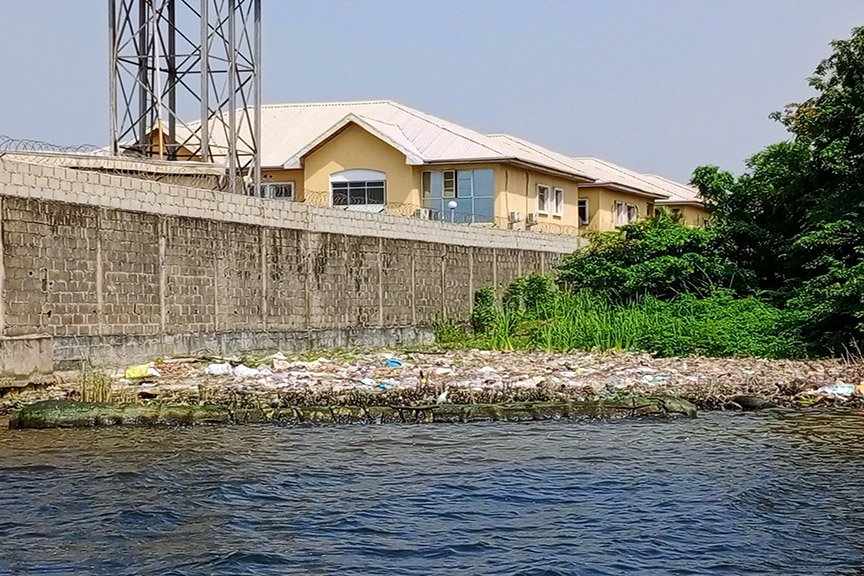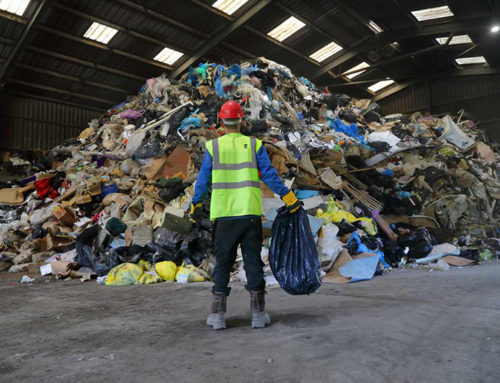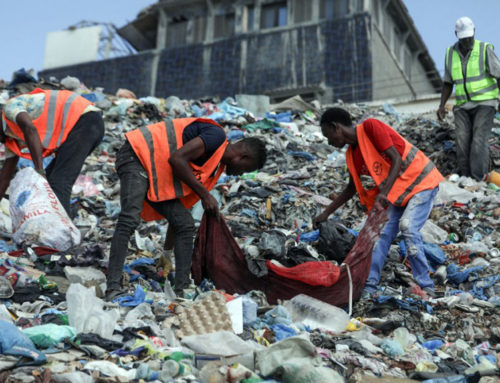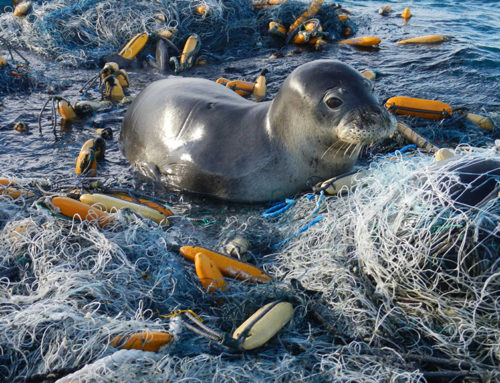A recent study conducted by Dr. Gideon Idowu, an Environmental Chemist at Nigeria’s Federal University of Technology Akure (FUTA), has revealed alarming levels of microplastics in the sacred Osun River, urging for urgent action against single-use plastics.
The study, published in the “Journal of Hazardous Materials Advances,” titled “Why Nigeria should ban single-use plastics: Excessive microplastic pollution of the water, sediments, and fish species in Osun River, Nigeria,” highlights the critical need to address plastic pollution in African water bodies.
Dr. Idowu’s extensive research spanned eight African countries, aiming to assess the levels and impacts of microplastics in riverine and marine ecosystems. The Osun River, a UNESCO World Heritage site and a vital water source for Southwestern Nigeria, recorded staggering levels of microplastics, with one site measuring a high concentration of 22,079 particles per liter.
Microplastics, defined as fragments of plastic less than 5 mm in size, have become ubiquitous in the environment, posing significant threats to ecosystems and human health. The particles, generated from the breakdown of larger plastic items and manufacturing processes, have infiltrated rivers, oceans, and organisms worldwide.
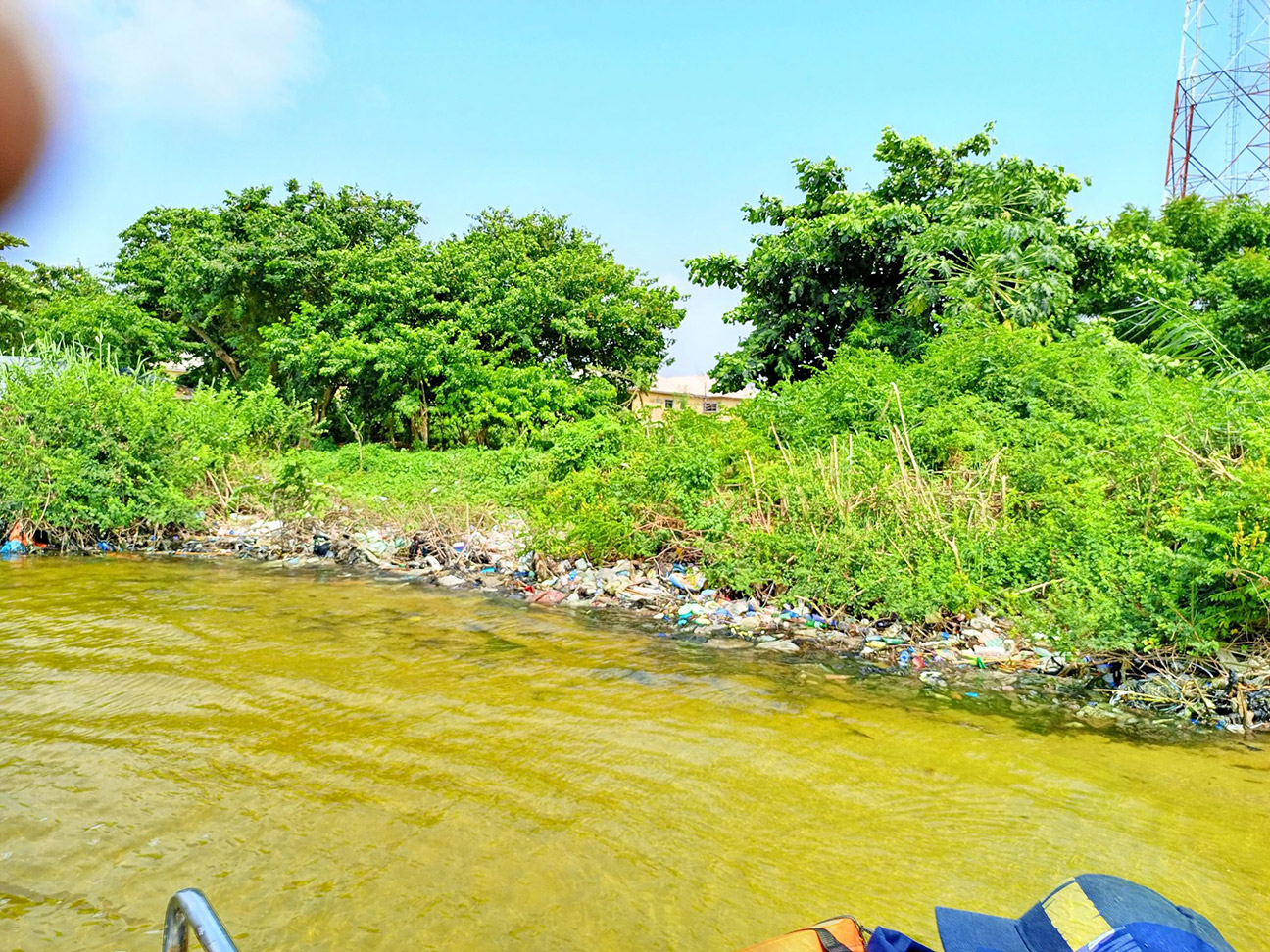
In response to the escalating crisis, Greenpeace International has advocated for a Global Plastics Treaty, highlighting the urgency of addressing microplastics pervasive impact. Headlines in leading newspapers reflect growing public concerns about microplastics, emphasizing their presence in various environments and their potential health risks.
Dr. Idowu’s study, supported by a Jennifer Ward Oppenheimer Research Grant of $150,000, underscores the need for immediate action to curb plastic pollution. The study revealed diverse types of microplastics, including materials uncommonly reported in river environments, such as acrylonitrile butadiene styrene (ABS) and ethylene vinyl acetate (EVA).
Moreover, commercially important fish species in the Osun River were found to be contaminated with microplastics, raising concerns about human consumption and ecosystem health. The study’s findings emphasize the critical role of banning single-use plastics, particularly those contributing to river pollution.
While some African countries have initiated partial bans on single-use plastics, Dr. Idowu stresses the importance of coordinated regional efforts. He notes that individual bans may be circumvented through smuggling, highlighting the need for comprehensive action to combat plastic pollution across African nations.
The study’s revelations serve as a wake-up call, urging policymakers and governments to prioritize environmental conservation and public health. Dr. Idowu’s research underscores the imperative of banning single-use plastics as a crucial step towards mitigating plastic pollution and safeguarding Africa’s natural resources.

